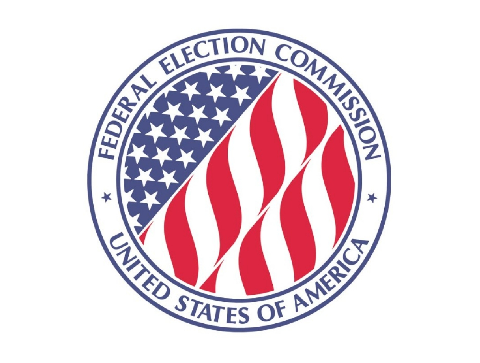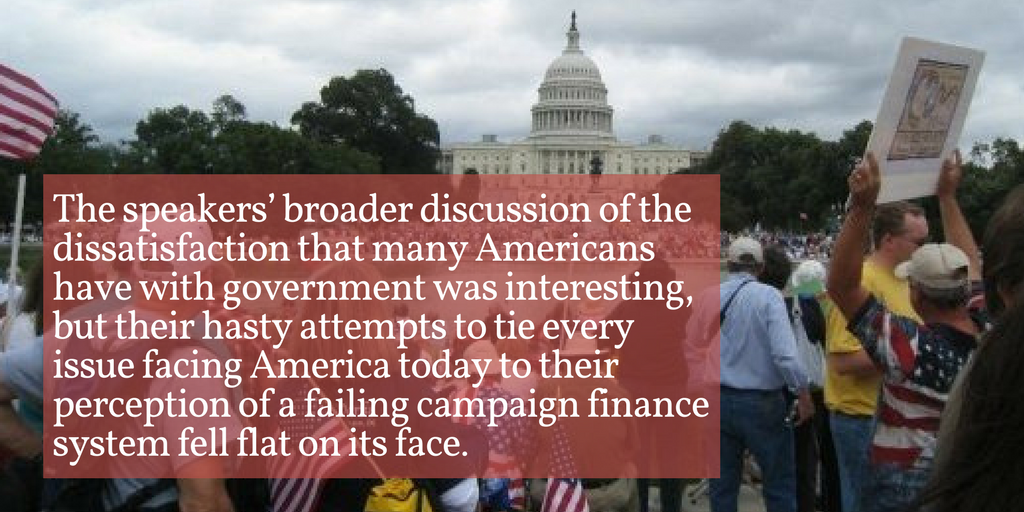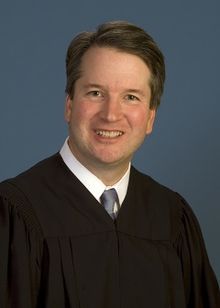Some of the strongest proponents of political speech restrictions used the occasion of the Federal Election Commission’s (FEC) 50th Anniversary as a platform to advance their agenda.
At a Washington, DC panel discussion hosted by Common Cause in May, most panelists openly advocated for empowering unelected bureaucrats to launch investigations. Frustrated with congressional refusal to enact even more regulations on speech and dissatisfied with how the FEC interprets the law, the speakers also suggested changes to effectively give the president more control over the agency.
The “FEC at 50” panel ostensibly aimed to “explore the agency’s struggles, accomplishments, and the reforms needed to ensure it can meet the moment in our democracy.”
Created to serve as an independent agency enforcing federal campaign finance law, the FEC was deliberately designed with six commissioners—no more than three from any single political party—to ensure bipartisan oversight of this area of law. This bipartisan structure wasn’t an accident: it was a purposeful safeguard recognizing that election campaigns represent the exercise of First Amendment rights “at its zenith.” (Meyer v. Grant, 486 U.S. 414 (1988)). The FEC stands alone among federal agencies in being directed by law to regulate a core constitutional right.
The event’s composition suggested a different story. Congressman Joseph Morelle (D-NY-25) presented a staff report titled “The Federal Election Commission at 50: The Regulators are Winning,” while the panel featured former FEC commissioner Ellen Weintraub, Dan Weiner from the Brennan Center for Justice, Tiffany Muller of End Citizens United, and Susan Lerner, Executive Director at Common Cause NY. This Democratic lineup claimed to evaluate an agency whose very foundation rests on bipartisan balance. The event’s theme, the claim that the FEC routinely failed to conduct meaningful enforcement, set the tone for much of what followed.
Throughout the event, the panelists expressed conventional pro-regulation views from the start, voicing familiar but increasingly tiresome claims of corruption and assertions of “too much money” in politics. Their bias became even clearer during the Q&A when asked, “If you could wave a magic wand, what would you change about the FEC?”
Weintraub introduced the idea of empowering staff to investigate without an affirmative, bipartisan vote by the commissioners, as is currently required. Weiner suggested safeguards to ensure the “non-partisanship” of these staffers. Muller demanded adequate funding for investigations and proactive violation-hunting. Lerner appealed to the NYC Campaign Finance Board’s five-member structure as a model.
As for the idea that purportedly “nonpartisan” staffers should play a larger role, let’s call this what it is: a naked effort to effectively eliminate the need for commissioners altogether. If unelected career bureaucrats can launch investigations into Americans who are exercising their First Amendment rights, what purpose do commissioners serve? This approach does not “fix” the FEC—it leaves it vulnerable to weaponization.
The notion of siccing government bureaucrats on citizens participating in constitutionally protected political activity is not just ridiculous—it’s tyrannical. These “reformers” frame deadlock as dysfunction, but what they call “partisan gridlock” is often the system working exactly as designed—preventing the use of the agency as a political weapon of the current president. Enforcement requires the votes of at least four commissioners. This requirement ensures that burdensome investigations can only begin after a bipartisan vote. After which, a second bipartisan vote is necessary to find a violation and impose penalties.
We must also confront the reality of who would wield this expanded power: unelected bureaucrats with their own biases and agendas. These career staffers come with no guarantee of ideological balance or restraint from partisan activism. Weiner and Lerner suggested that procedural safeguards, like the adoption of ethical codes, could mitigate these concerns, but no administrative guardrail can neutralize human bias in the inherently political realm of campaign finance. Empowering such officials to unilaterally initiate investigations would chill political speech through the personal interpretations of unaccountable administrators rather than the required bipartisan judgment of commissioners.
All the panelists agreed on one “magic wand” change: gutting the bipartisan Commission structure that serves as a vital precaution against partisan campaign finance lawfare. How telling that their “ideal” FEC would drop the very safeguards preventing a president from utilizing the agency to punish political opponents.
Additional complaints about “anti-enforcement” commissioners, who withhold a fourth vote to launch investigations, reveal a fundamental lack of concern about free political speech. The Commission is not meant to be an aggressive prosecutor maximizing enforcement actions and minimizing speech. Nor is it supposed to take the most speech-restrictive interpretation of the law and regulations.
The agency has the difficult task of interpreting and enforcing a complex law made even more complex by many court rulings. In arguably its most important role—providing public disclosure of candidate and party campaign contributions—no one questions the accuracy of its records. The FEC excels at its transparency mandate.
Changing the structure to allow for an odd number of commissioners and a simple majority or partisan vote would enable the president to punish protected speech and would create a chilling effect. Groups would understandably fear bureaucratic harassment for lawfully speaking what those in power deem to be disfavored speech in election campaigns. Enforcement should only proceed when there is some agreement across partisan lines—this bar is a critical feature that protects the rights of Americans to political expression.
As we consider the FEC’s first half-century, we should reflect on the need to avoid more lawfare that will harm election campaign speech. Bipartisan enforcement remains the best—indeed, the only—way to ensure the Commission can balance the law’s requirements without threatening free expression.
Without this bipartisan foundation, every FEC action would be tainted by partisan politics and viewed with deep suspicion by roughly half the country. That outcome serves no one—not the Commission, not citizens exercising their First Amendment rights, and certainly not the voters.
After 50 years, it’s time to recognize that, while the FEC’s design is unusual compared to other regulatory agencies that oversee business, labor, safety, and health, no one has come up with a better design to regulate and enforce a law that impacts fundamental First Amendment freedoms. Regulation of election campaign speech is too important to be left to partisans.














